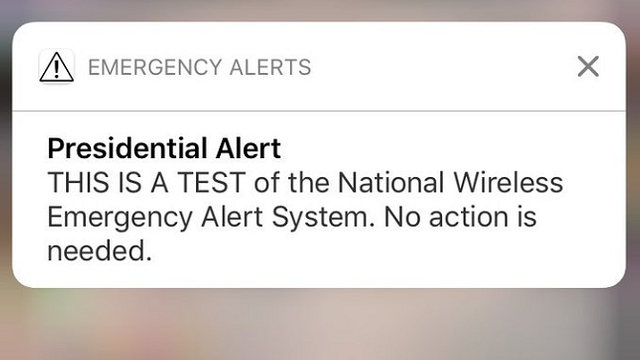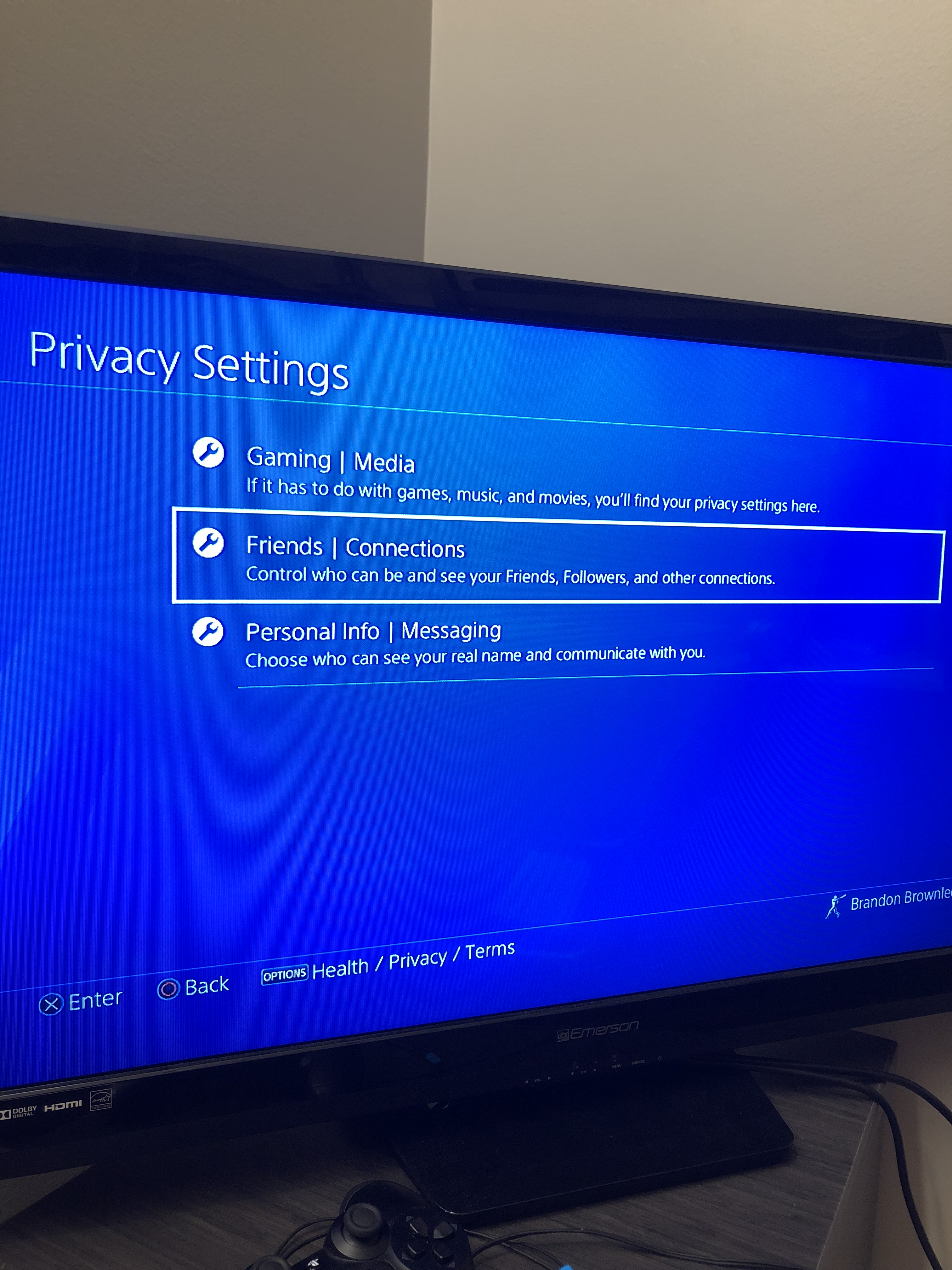The lack of privacy that we deal with isn’t a surprising fact for me. I accepted that I hardly have any privacy because it’s the price of having free access to social media apps. Social Dilemma, a Netflix documentary, shows us that we became the product that is being sold. Selling our data to companies allows them to push us to buy products or stay on apps for hours.
When watching the documentary, I believe that they exaggerated some scenes. Especially regarding the family scenes, however, interviews with past employees and experts not only shows us how addictive social media is, but how it can be damaging as well.
The current generation and the next are currently are going to grow up with technology. Technology might become more addictive as time goes by. We are informed about the dangers of social media, but will those dangers increase or decrease throughout the year? We need to stay informed on what these companies do with our data because I doubt social media companies will stop selling us as a product.




